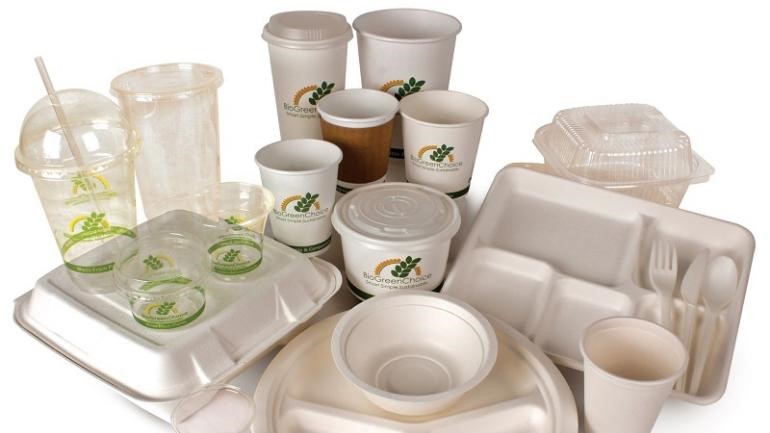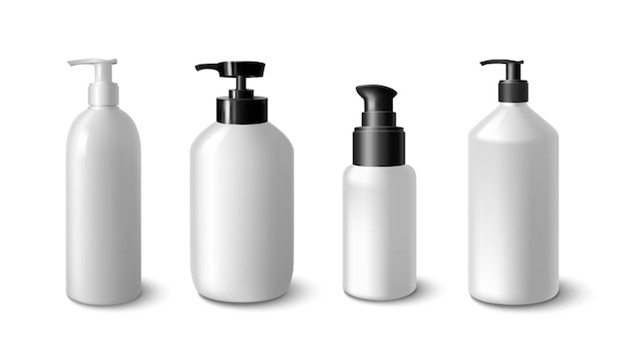
How Compostable Are Bioplastics in Packaging
With the growing need for sustainable alternatives in the packaging industry, bioplastics have emerged as a promising solution. As we strive to replace conventional, highly polluting plastics, it's essential to understand the benefits and limitations of bioplastics in packaging.
What Are Bioplastics in Packaging?
Bioplastics in packaging are often confused with biodegradable and bio-based plastics. To clarify:
- Bio-based plastics are derived from plant materials rather than oil. However, they are not necessarily biodegradable, compostable, or recyclable.
- Biodegradable plastics can decompose naturally and can be plant-based or petroleum-based.
- Compostable plastics are defined by ASTM International as plastics that degrade through biological processes during composting, leaving no toxic residue.1
It's crucial to note that all compostable materials are biodegradable, but not all biodegradable materials are compostable.
Composting Bioplastics in Packaging
Many bioplastics are marketed as compostable, but they often require industrial composting facilities with specific conditions, such as higher temperatures and specialized microorganisms. This makes them unsuitable for home composting.
Disposal of Compostable Bioplastics in Packaging
Disposing of compostable bioplastics correctly is vital:
- Recycling Bins: Compostable bioplastics can contaminate recyclable plastics.
- Compost Bins: Home compost bins are not suitable for industrially compostable bioplastics.
- Trash: Unfortunately, the only viable option for many is the trash.
The lack of widespread industrial composting facilities means that most compostable bioplastics still end up in landfills.
Benefits and Challenges of Bioplastics in Packaging
Bioplastics offer an alternative renewable source of production, reducing the reliance on fossil fuels and potentially lowering greenhouse gas emissions. However, the cultivation of plant sources for bioplastics involves high inputs of water, pesticides, and fertilizers, which can have environmental drawbacks.
The Future of Bioplastics in Packaging
The production and use of bioplastics involve multiple trade-offs. While they offer benefits over traditional plastics, their environmental impact depends on proper implementation and infrastructure. Improved technologies and advanced execution methods are necessary to maximize the benefits of bioplastics in packaging and minimize their drawbacks.
In conclusion, bioplastics in packaging present a potential solution to the plastic pollution problem, but they are not a perfect fix. The key lies in continued innovation and the development of infrastructure to support their proper disposal and composting.







